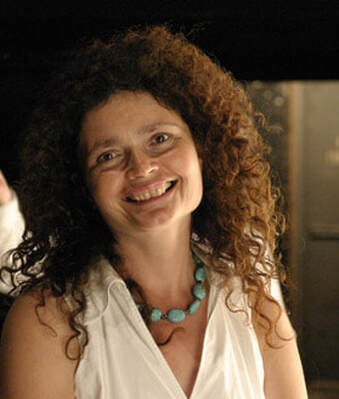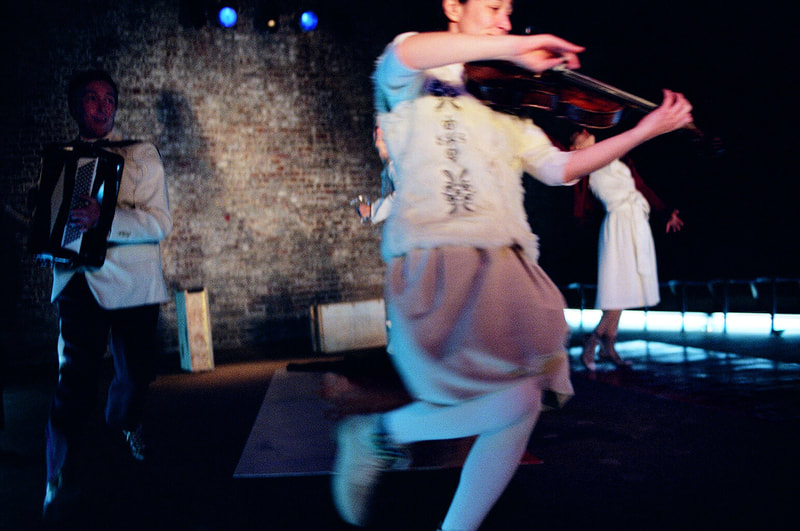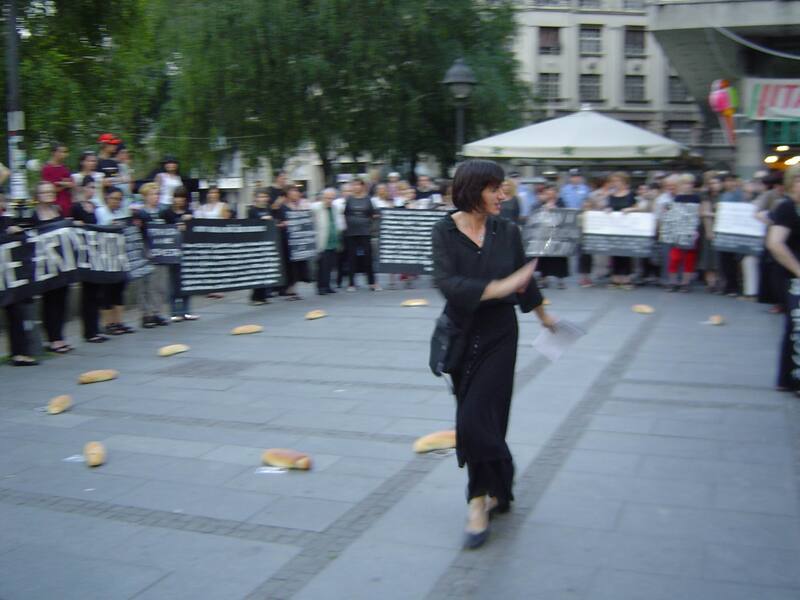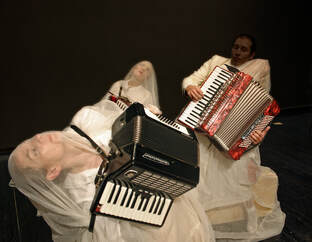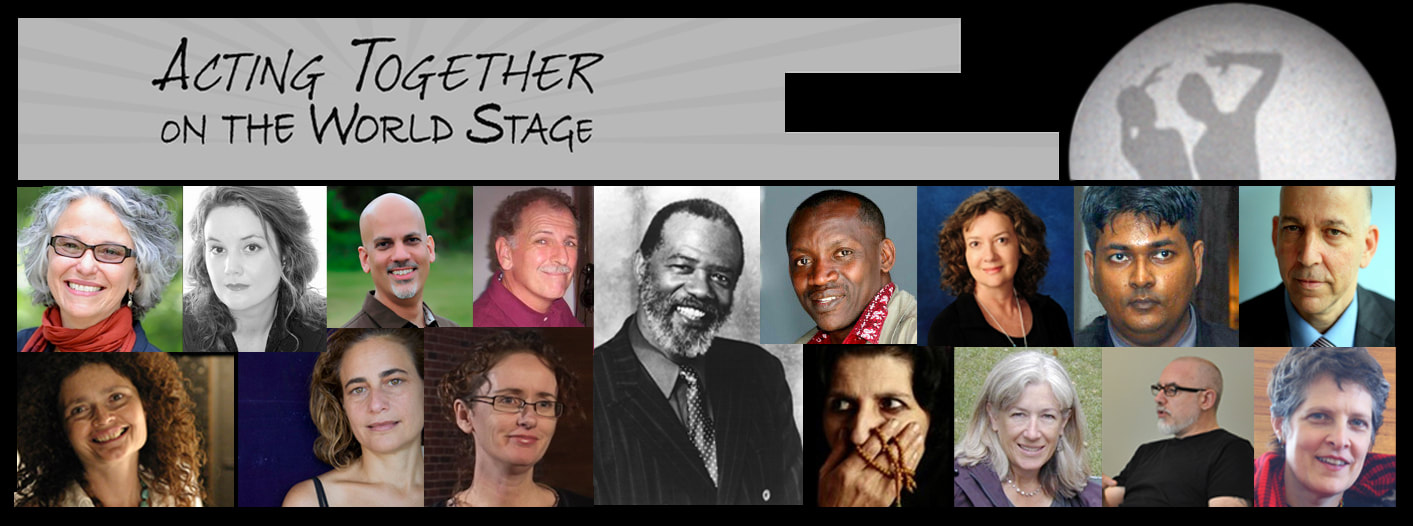DIJANA MILOŠEVIĆ
|
THEATRE AS A WAY OF KNOWING
Dijana Milošević, founder of DAH Theatre Belgrade, Serbia, discusses the role played by performance since the dissolution of Yugoslavia in the early 1990s. The independent theatre work that emerged during a period of extreme ethnic nationalism, government repression and violence, provided space for Serbians to express their grief, fear and outrage and their solidarity with victims from "the other side." Each of DAH Theatre's performances responded to a particular moment in history and to the struggles Serbia was facing at the time, from war, to dictatorship, to NATO bombing, to revolution, to rebuilding. |

